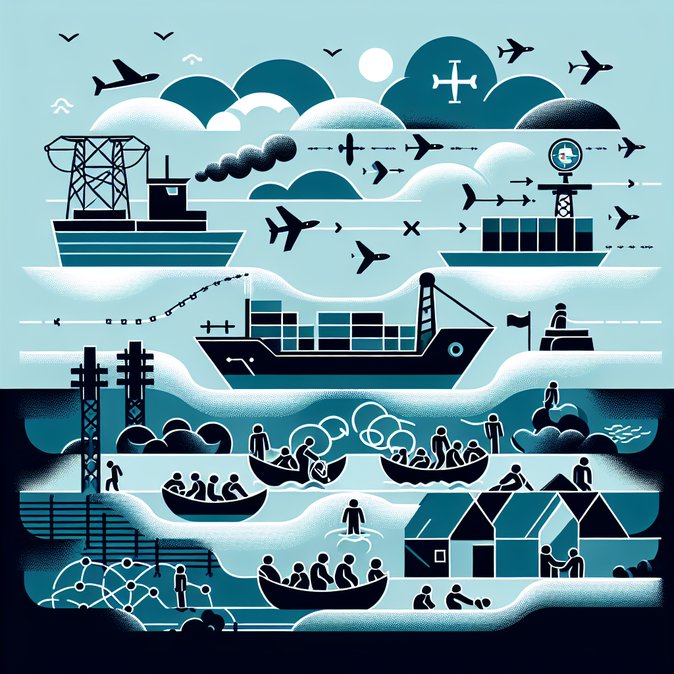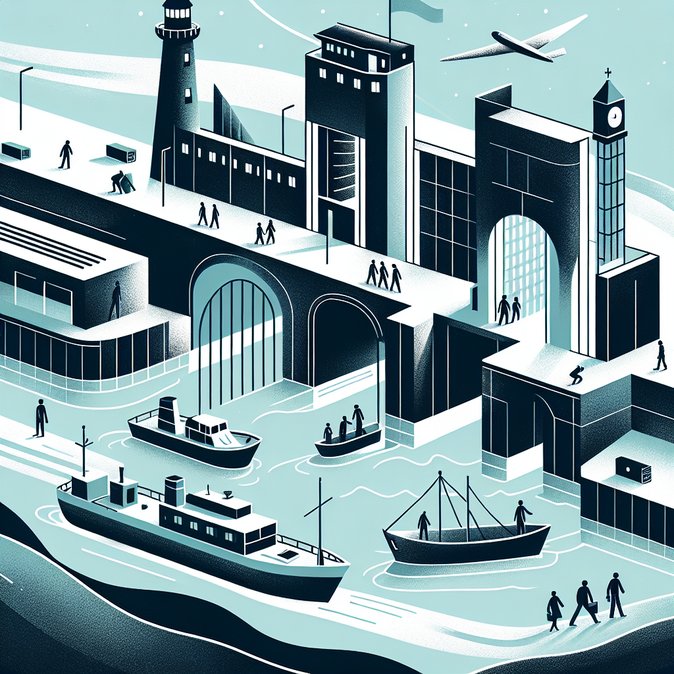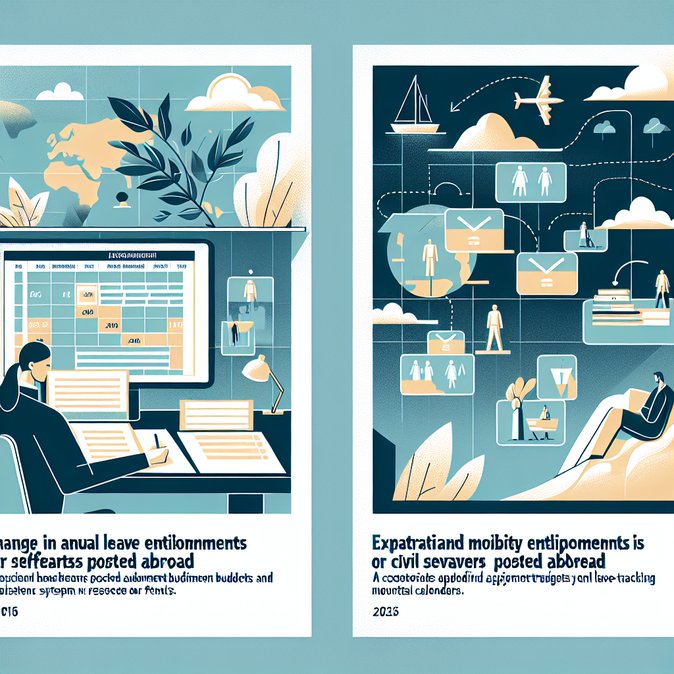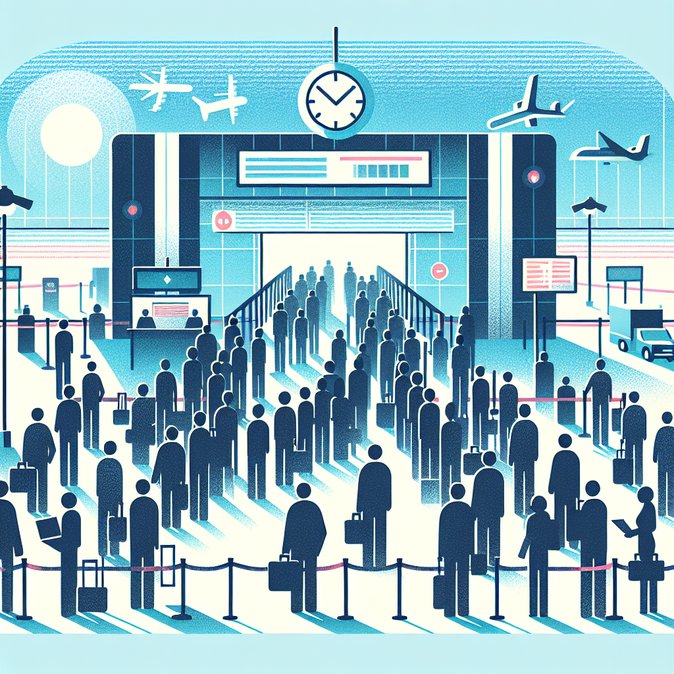
Britain’s Labour government unveiled the most sweeping rewrite of its asylum laws in decades on 15 November, turning refugee protection into a temporary status re-examined every 2.5 years and extending the path to permanent settlement to 20 years. Home Secretary Shabana Mahmood said the reforms aim to deter “illegal small-boat crossings from France,” which have dominated UK political debate.
For French regional authorities the announcement is a mixed blessing. While London hopes the tougher regime will discourage crossings, experience suggests that migrants denied durable status in the UK often make repeated attempts, leading to larger encampments around Calais and Dunkirk. NGOs operating reception centres in Hauts-de-France warned that the policy could create a “revolving-door effect,” trapping asylum seekers on the French side for longer periods.
![UK asylum overhaul may increase migrant pressure on northern France]()
Logistics operators using the Channel Tunnel fear additional security checks and slow-downs if UK Border Force officers step up interceptions at juxtaposed controls in Calais and Coquelles. Eurotunnel has already asked freight customers to anticipate potential processing delays during the Christmas peak.
French employers that rely on cross-Channel travel should monitor the bilateral discussion announced for early December, where Interior Minister Gérald Darmanin is expected to press for increased UK financial contributions to joint patrols. Businesses sending staff to the UK should also note that humanitarian protests could sporadically block access roads to ferry ports.
Ultimately, whether the British reforms ease or exacerbate migrant flows depends on factors beyond Calais, but French mobility and security managers must plan for short-term volatility along the northern corridor.
For French regional authorities the announcement is a mixed blessing. While London hopes the tougher regime will discourage crossings, experience suggests that migrants denied durable status in the UK often make repeated attempts, leading to larger encampments around Calais and Dunkirk. NGOs operating reception centres in Hauts-de-France warned that the policy could create a “revolving-door effect,” trapping asylum seekers on the French side for longer periods.

Logistics operators using the Channel Tunnel fear additional security checks and slow-downs if UK Border Force officers step up interceptions at juxtaposed controls in Calais and Coquelles. Eurotunnel has already asked freight customers to anticipate potential processing delays during the Christmas peak.
French employers that rely on cross-Channel travel should monitor the bilateral discussion announced for early December, where Interior Minister Gérald Darmanin is expected to press for increased UK financial contributions to joint patrols. Businesses sending staff to the UK should also note that humanitarian protests could sporadically block access roads to ferry ports.
Ultimately, whether the British reforms ease or exacerbate migrant flows depends on factors beyond Calais, but French mobility and security managers must plan for short-term volatility along the northern corridor.


